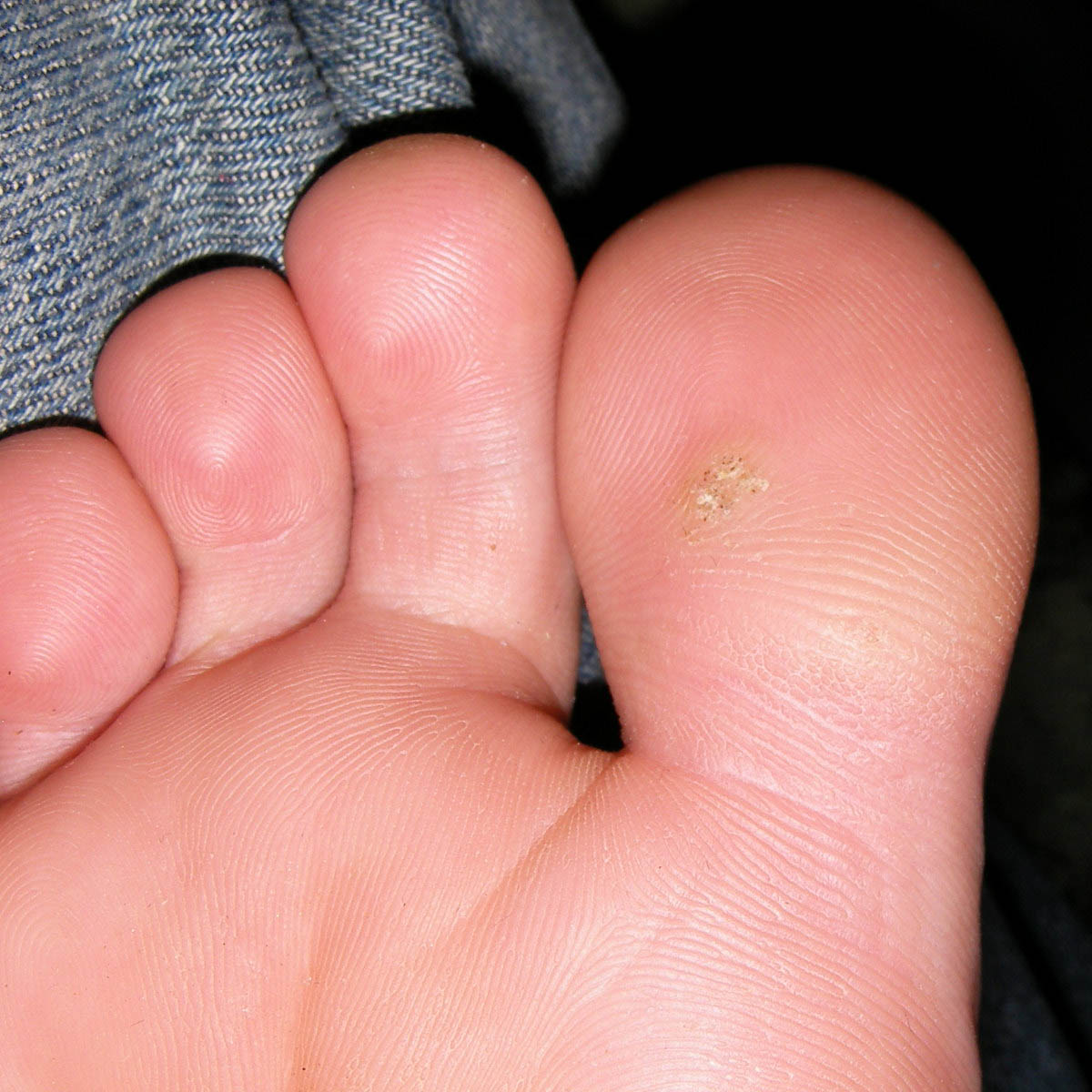
What are plantar warts?
Most people may develop some kind of wart at some point in their lives*. Plantar warts are one of the most common forms of warts, and they are seen in all age groups. They are small growths that usually appear on the heels or other weight-bearing areas of the feet.
What causes plantar warts?
Plantar warts are caused by human papillomavirus (HPV). The virus enters the body through tiny cuts or other weak spots on the bottom of the feet and infects only the superficial layer of skin, producing a thickened, callus-like growth.
For whom are plantar warts a serious concern?
Most plantar warts will not result in a serious health concern, but they can become serious if infected. This could happen to anyone, but older people and those with reduced immunity, peripheral vascular disease (PVD), and diabetes are most at risk.
How can I reduce the likelihood of plantar warts?
Vitamin D injections
One way is to supplement the body with vitamin D. This boosts the immune system to function optimally. In fact, a few studies have suggested that vitamin D injected directly in the wart is a safe, effective, and inexpensive treatment option for recalcitrant warts. This has not yet been approved by the FDA, but many patients are seeing results.
Over-the-counter treatments
If you have plantar warts, some OTC treatments that might be effective for you include ointments or patches that contain salicylic acid and freezing treatments. Never cut out a wart at home, since this can spread the viral infection to other areas, worsen your warts, or cause injury and infection with other organisms.
When to contact your physician or podiatrist
Contact your doctor immediately about your warts if they:
-
do not respond to OTC treatments.
-
are painful.
-
become warm to the touch.
-
change in size, color, or appearance.
Other options
There are many treatment options your physician or podiatrist can offer you depending on the wart size, age, and location, and your overall health status. These include medical-grade acid treatments, cryosurgery, cauterization, and surgical excision. Antiviral medications may also be used. Learn more about these treatments at Lesion Removal.
Contact us
Are you in the San Francisco Bay Area? Book an appointment with one of our skilled physicians to learn more and develop a treatment plan that is right for your goals, budget, and timeframe. See appointments or call us at 415-409-3456.
Source
Aktaş H., et al. Intralesional Vitamin D Injection May Be an Effective Treatment Option for Warts. Journal of Cutaneous Medicine and Surgery, 2015. J Cutan Med Surg. 2015 Aug 20. pii: 1203475415602841. [Epub ahead of print] Aktaş H, Ergin C, Demir B, Ekiz Ö.
Image credit: Dewdude, Toe plantar wart 0147.JPG, Attribution-ShareAlike 3.0 Unported (CC BY-SA 3.0)

